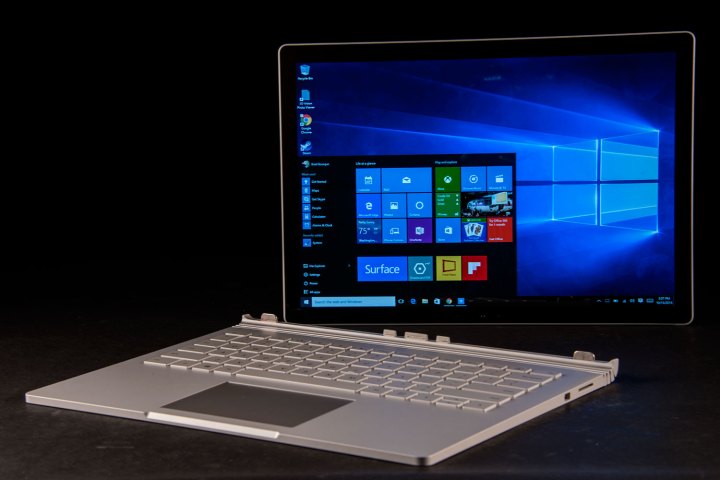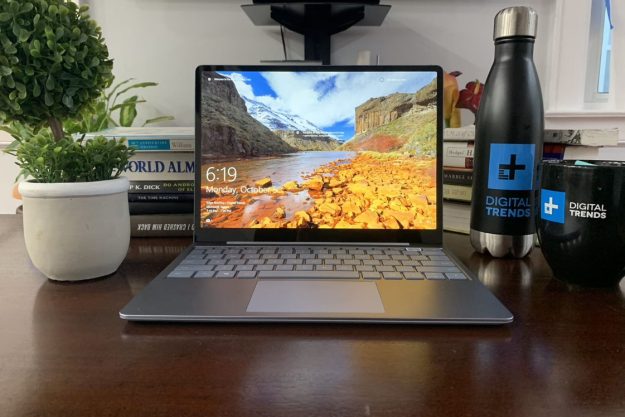
IDC expects that detachables will start to replace conventional desktops and laptops “in the coming years,” which will of course lead to increased sales figures for these devices. This shift from one form of computing to another will apparently allow systems with larger screens to flourish, while those with sub 9-inch displays will falter.
The move from a slate form factor to detachables is cited in the press release distributed by the IDC this week as one that will have a major impact. Companies like Alcatel and Huawei entering the field at this year’s Mobile World Congress will make the field even more competitive, which is expected to bring benefits to consumers.
However, it’s not just hardware that’s prompting change in the tablet market. The IDC forecasts a 53.3% share of tablets running Windows in 2016, which is expected to rise to 74.6% by 2020. One of the biggest aims of Windows 10 was to expand the reach of the OS beyond traditional computers, and if these predictions prove to be accurate, that goal will be reached and exceeded.
IDC’s Ryan Reith anticipates that the shift towards detachables will bring about “the first significant impact of Windows-based devices that the tablet market has seen.” The firm forecasts that Windows 10 adoption will eat into the iOS share while leaving Android’s figures relatively unscathed.
It’s clear that the tablet market is changing, and will continue to change over the next several years. This IDC report certainly seems to suggest that Microsoft is poised to take full advantage of the process thanks to its Surface line and Windows 10 — but predictions can often prove to be inaccurate in the capricious tech industry.
Editors' Recommendations
- Scores of people are downgrading back to Windows 10
- Windows 11 might nag you about AI requirements soon
- You’re going to hate the latest change to Windows 11
- The most common Windows 11 problems and how to fix them
- Windows 11 tips and tricks: 8 hidden settings you need to try


